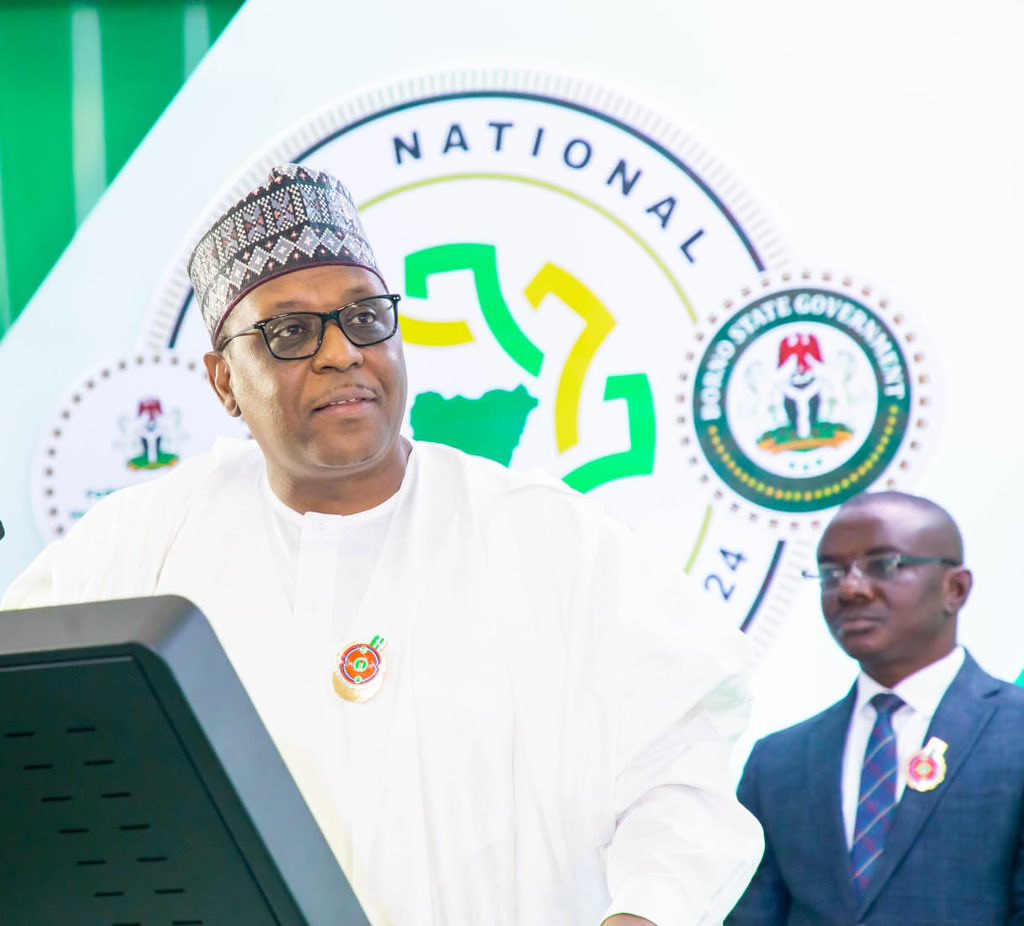The 65th National Council on Health (NCH) has approved a memorandum advocating for a legal framework and comprehensive public health approach to address Nigeria’s escalating drug use crisis. This pivotal decision was announced by the Coordinating Minister of Health and Social Development, Prof. Muhammad Pate, on Saturday in Maiduguri, Borno State.

Prof. Pate highlighted the inadequacies of Nigeria’s current drug control policies, which prioritize enforcement over prevention and treatment. He emphasized that the National Drug Law Enforcement Agency (NDLEA) Act is unbalanced, focusing primarily on punitive measures while neglecting health-led responses such as prevention, treatment, and harm reduction.
“Nigeria’s drug control policies must align with global best practices, including the World Health Organization’s public health-centered approach,” Pate stated. This includes preventing drug use, improving access to treatment, implementing harm reduction measures, and ensuring controlled medicines are available for medical purposes.
The drug use crisis in Nigeria affects over 14.3 million people aged 15 to 64, with approximately three million suffering from drug use disorders. Alarmingly, the HIV prevalence rate among people who inject drugs has risen to 10%, up from 3.4% in 2014.
The memorandum also addresses the disproportionate impact on women, who make up 25% of drug users but face significant barriers to treatment due to stigma and limited resources. Prof. Pate noted that the proposed framework aligns with Nigeria’s Universal Health Coverage (UHC) goals and global commitments such as the 2016 UNGASS Outcome Document and the 2019 CND Ministerial Declaration.
Dr. Chukwuma Anyaike, Director of Public Health at the Federal Ministry of Health, praised the NCH’s decision, stating, “This move signifies Nigeria’s commitment to addressing the root causes of drug use, a crucial step towards saving lives and achieving UHC.”
Oluwafisayo Alao, Executive Director of YouthRISE Nigeria, called for swift action to establish the legal framework, emphasizing the need for state-level involvement. She also stressed the importance of gender-sensitive programs to improve treatment access for women.
Consultant psychiatrist Prof. Ibrahim Wakawa underscored the necessity of collaboration between the executive and legislative arms of government, along with support from the judiciary and enforcement sectors. “A unified approach is critical for success,” he noted.





